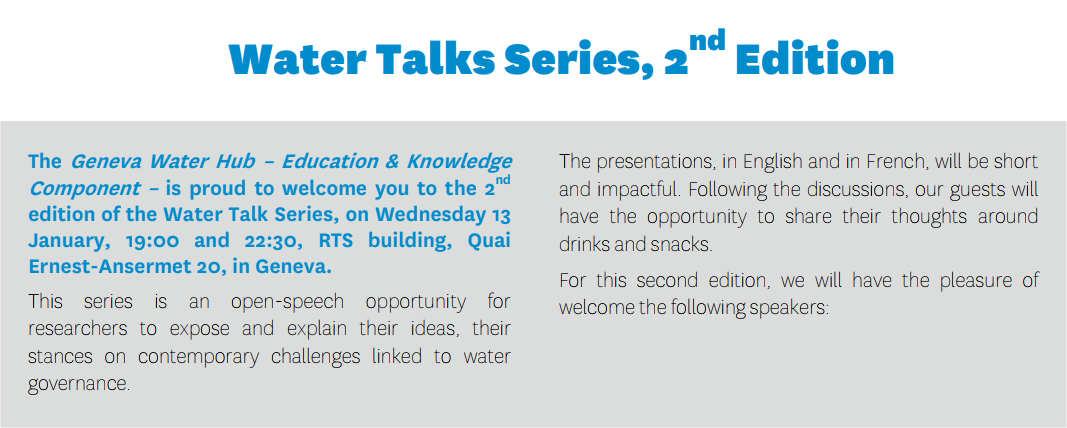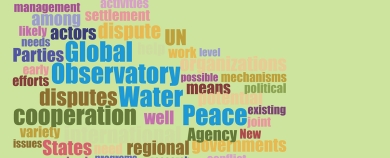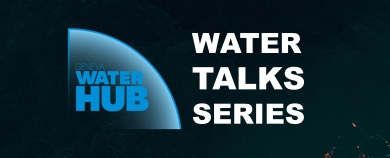
Water Talks Series n°2 - Prof. Margreet Zwarteveen


The Geneva Water Hub – Education & Knowledge component is proud to present the 2nd edition of the "Water Talk Series". This series is an open-speech opportunity for researchers to expose and explain their ideas, their stances on contemporary challenges linked to water governance. The presentations, are in English or in French, short and impactful.
Margreet Zwarteveen is Professor of Water Governance at IHE Delft and the University of Amsterdam. Approaching water governance from perspectives of equity and justice, she defines water governance as the practices of coordination and decision making between different actors around contested water distributions. She is concerned both with looking at actual water distribution practices and with analyzing the different ways in which water distributions can be regulated (through technologies, markets and institutions), justified (decision making procedures) and understood (expertise and knowledge). Her work is based on an interdisciplinary approach that sees water distributions as interactions between technology, nature and society (more information on the IHE Delft website).
Water Distribution and Globalization
Questions about how to distribute water more equitably, sustainably and efficiently are becoming ever more urgent because of dwindling supplies and growing demands. Yet, and paradoxically, proposed solutions - because of a combination of marketization, globalization and the ascribing of scarcity to natural causes - tend to make the question of distribution disappear. She proposes a mode of engaging with water that makes its distributions - and the organizations of society these assume and produce - more central. Instead of generic and often normative orderings, she suggests that studies of everyday practices provide a fruitful starting point for generating insight into how water distributions happen. This can inform new, more modest ways of developing water expertise: ways that are sensitive to how knowledge is always situated, concept- dependent and therefore political and that acknowledge that proposed solutions are often provisional, messy and negotiated.




